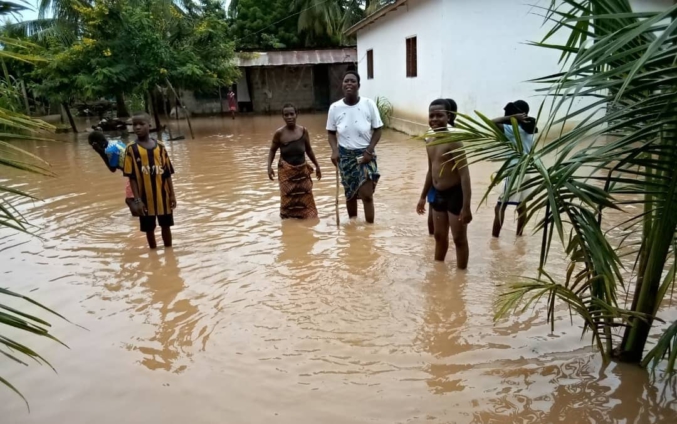Building permits and planning are supposed to be handled by assemblies — Expert

Flooding remains a persistent challenge across Ghana, and a local governance expert has highlighted key systemic weaknesses in urban planning and environmental management as major contributors to the problem.
Issaka Amon Kotei, speaking on the Asaase Breakfast Show, identified significant shortcomings in the capacity of local assemblies to manage critical aspects of development and environmental regulation.
“Building permits and planning are supposed to be handled by assemblies. However, many assemblies lack the capacity to even assess structural drawings,” he explained.
This capacity gap means that many developments may proceed without proper oversight, increasing vulnerability to flooding and other urban hazards.
Kotei also pointed to the absence of authority over rivers and waterways as a major regulatory failure.
“We do not have any authority to manage our rivers. This lack of regulation leads to environmental degradation, which worsens flooding,” he noted.
Without clear responsibility and enforcement mechanisms, rivers and their banks are increasingly neglected, contributing to blockages and overflow during heavy rains.
Another challenge underscored by the expert is the way uncontrolled settlements and poor waste disposal affect drainage systems.
“When people live haphazardly, waste inevitably contaminates drainage systems and waterways. This means assemblies must repeatedly spend funds to clear and restore drains every year,” Kotei said.





